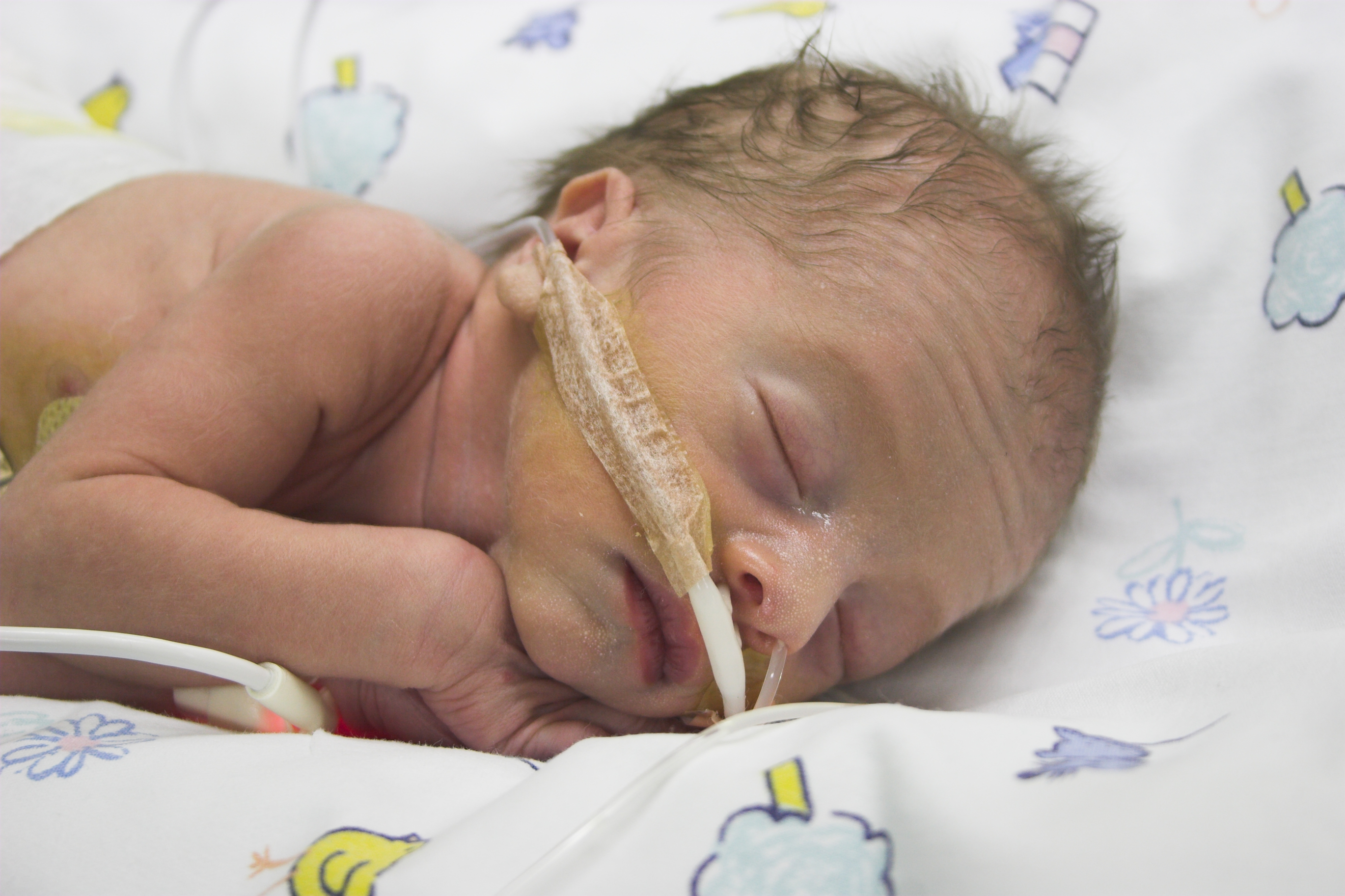The Different Complications Of Jaundice in Newborns
3. Acute Bilirubin Encephalopathy

When bilirubin enters the brain, toxins inhibit the cells and a condition known as acute bilirubin encephalopathy develops. Unless immediate treatment is provided, a baby risks suffering brain damage. Parents should take note if their jaundice baby has trouble waking or seems unusually tired. Babies may exhibit high-pitched crying or show signs of inadequate sucking or feeding. Other signs to look for are fever, vomiting, and overarching of the back and neck.
2. Risk Factors

Most cases of jaundice are not serious, but some factors can put a baby at a higher risk of complications. A baby born prematurely may have excess bilirubin because of the inability for effective elimination from intestinal blockages. It can occur in babies who are delivered with bruising, which causes the breakage of blood cells. Too many blood cells can breakdown too fast if there are incompatible blood types between mother and baby. Breast-feeding, too, creates some risk.
